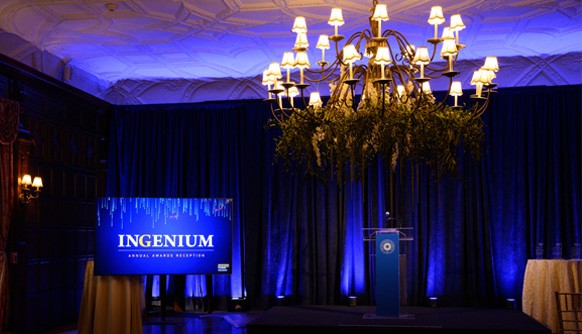News
The Keys to Business Success? Knowledge and Change
April 10, 2017
For a company to achieve long-term success, it must be able to recognize external change and adapt its business practices accordingly. IBM, for example, has reinvented itself many times, morphing from a computer hardware company to a service and research organization.
That ability to recognize the value of new information, assimilate it, and apply it to commercial ends is known in the field of business administration as “absorptive capacity.” According to Radek Nowak, Ph.D., assistant professor of human resources management and labor relations in NYIT School of Management, organizations that are successful over time must learn from the environment and update their repository of knowledge.
Some firms are sensitive to external change and quick to learn about factors that might impact them such as new technologies, managerial practices, or government regulations. Others are better at using new information to reorganize practices to become more productive. But the most successful businesses are good at both.
Nowak’s research focuses on factors that increase a firm’s ability to be dually successful. One of the greatest impediments to change is size: The larger the firm, the more difficult it is to create and exploit new knowledge. “As they grow, organizations tend to become more segregated or siloed. That creates barriers within the organization. Different units don’t communicate as effectively,” he explains. “Businesses also tend to become more political and bureaucratic the larger they get, creating more structural barriers to communication.”
In a paper published in the International Journal of Innovation Management in February, Nowak argues that large firms can alleviate the negative effect of size by increasing employee empowerment. “Empowerment is about delegating authority,” he says. “Allowing qualified employees at low levels to make decisions could effectively reduce the negative impact of an organization becoming a big political system—they will be driving positive organizational change from the bottom up.”
Although his primary goal is to advance theory in the field by proposing an explanation of why things happen, Nowak believes that the theory can also benefit managerial practices.
“In the case of my last paper, the implication would be to train managers to identify key positions within a team so those employees are empowered to drive the process of positive change,” he says.
Nowak has first-hand experience with putting theory into practice. Prior to pursuing his Ph.D. in human resources and strategic management, he worked as a human resources manager and consultant at Fortune 500 companies. His doctoral study focused on knowledge creation and its impact on organizational success.
“Knowledge creation starts with the quality of interaction among people,” he says. “If people are not willing to talk to each other, it completely hinders a firm’s ability to share knowledge.”
Nowak’s current project focuses on the customer service industry, looking at how businesses can use their ability to create knowledge in order to create what he calls “a serving culture.
“I want to see how firms that have a high ability to recognize external change utilize it to build a customer-focused culture,” he says. “I’m assuming this will result in better performance of those firms.”


_Thumb.jpg)

